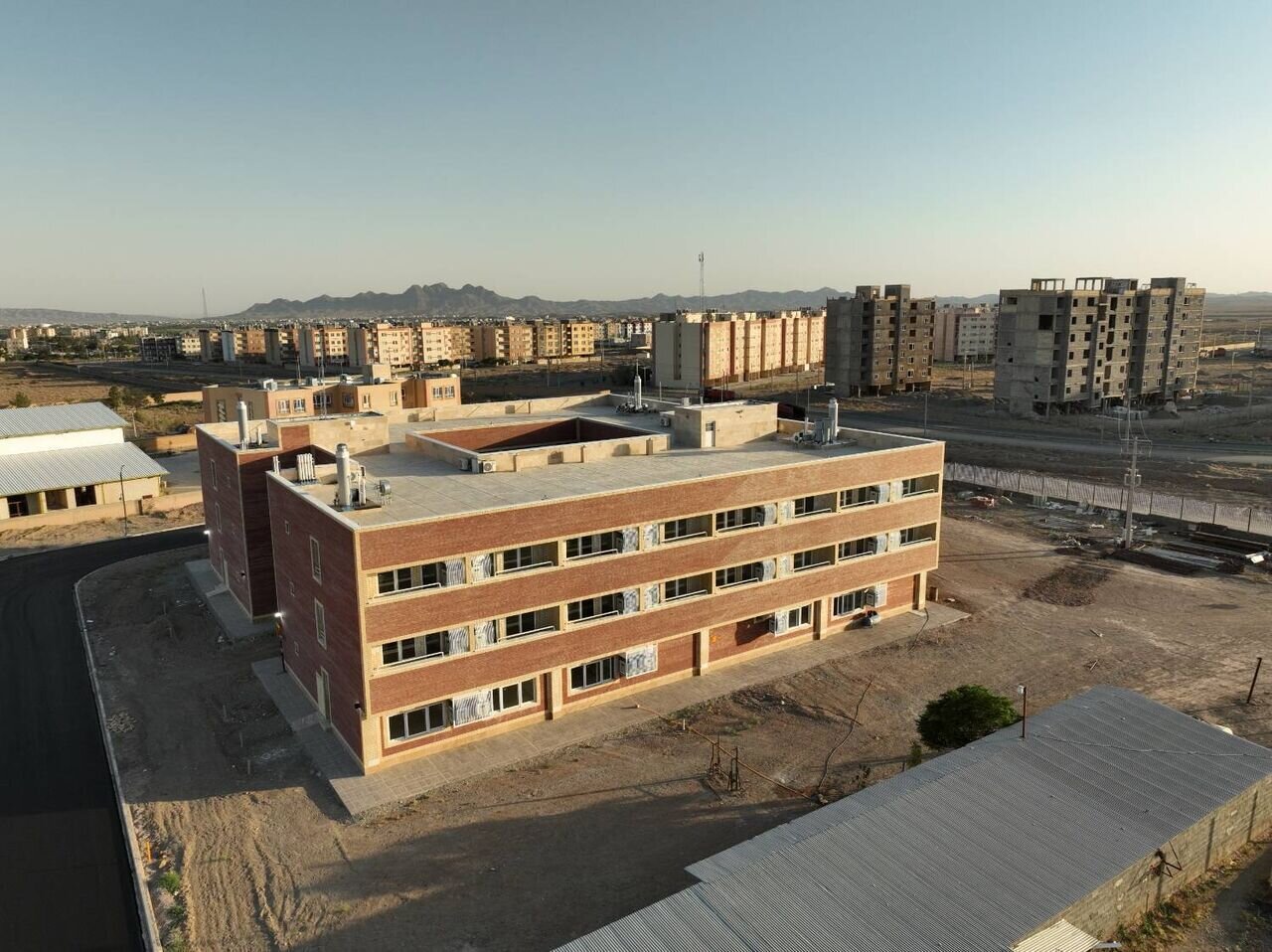Over 1,000 schools constructed in deprived areas

TEHRAN – More than 1,000 schools have been constructed in underprivileged areas in the east and northeast of the country in the current Iranian calendar year that started in March 2023, an official with the Headquarters for Executing the Order of the Imam Khomeini has said.
The organization has managed to build 230 schools with 1,039 classrooms, and 17 health centers in deprived areas in Khorasan Razavi, North Khorasan, and South Khorasan provinces, IRNA quoted Abbas Noorizadeh as saying.
It has offered financial assistance to help 1,600 individuals with cancer and hard-to-treat diseases and 800 infertile couples, living in these provinces, to pay for the treatment expenses, he added.
Different rehabilitation equipment, including wheelchairs, walkers, wavy mattresses, mobility canes, white canes, and mattresses have been provided to 1,100 disabled people living in these provinces.
Noorizadeh went on to say that the organization has also supported 1,145 deaf and hard-of-hearing children with cochlear implantation and post-implant rehabilitation services, and 380 children with lazy eyes were supported to purchase glasses.
Moreover, the organization has funded the construction of five dormitories for girls with the capacity to house 1,186 students across the provinces, he noted.
Recent services
In February, a total of 936 volunteer medical teams provided free medical services and treatment care in deprived areas in the first ten months of the current Iranian calendar year, an official with the Iranian Red Crescent Society (IRCS) said.
“During this period, 180,065 people received free medical treatment and services. Also, 96,199 food packages were distributed among needy families,” IRIB quoted Vahid Salimi as saying.
Moreover, the IRCS provided 47,732 stationary packages for underprivileged students at the beginning of the school year, September 22, 2023, he added.
On February 19, Pedram Pak-Aein, an official with the ministry of health, said that the vaccination program to combat pneumococcal has been added to the country's immunization program.
“It will be implemented in several phases, with the priority given to underdeveloped areas,” he added.
Some 3.5 million doses of pneumococcal vaccine have been imported. In the first phase, the vaccines will be distributed in deprived areas of the southern provinces of the country, the official explained.
In September 2023, Barekat Charity Foundation announced that the construction of around 200 new schools in underprivileged areas would be completed by the end of the current Iranian calendar year (March 20, 2024).
The 2,000th school built by the Foundation was inaugurated in the previous year, IRIB reported.
Currently, more than 705 other schools are being completed in different parts of the country with the cooperation of the Organization for Development, Renovation, and Equipment of Schools.
In November 2023, the Imam Khomeini Relief Foundation in cooperation with knowledge-based companies created some 500 job opportunities in deprived areas.
Rural development
Villagers and nomads play a vital role in the political, economic, and social developments of Iran.
Despite their low population, they have a great contribution to all-out national development.
Although oil, industry, and service sectors hold a significant share of the national economy, the rural and nomadic economy is considered an inexhaustible source for the nation, compared to exhaustible natural resources.
Living far from pollution and current problems of cities and being less dependent on oil resources, they play a critical role in sustainable development.
Villagers and nomads take the lead in providing food, food security, and healthy food production.
They have a major role in the tourism and handicraft industry and they are sources of many cultures and traditions in the country playing an important role in ensuring the country's security, especially in borders and remote areas.
MT/MG
